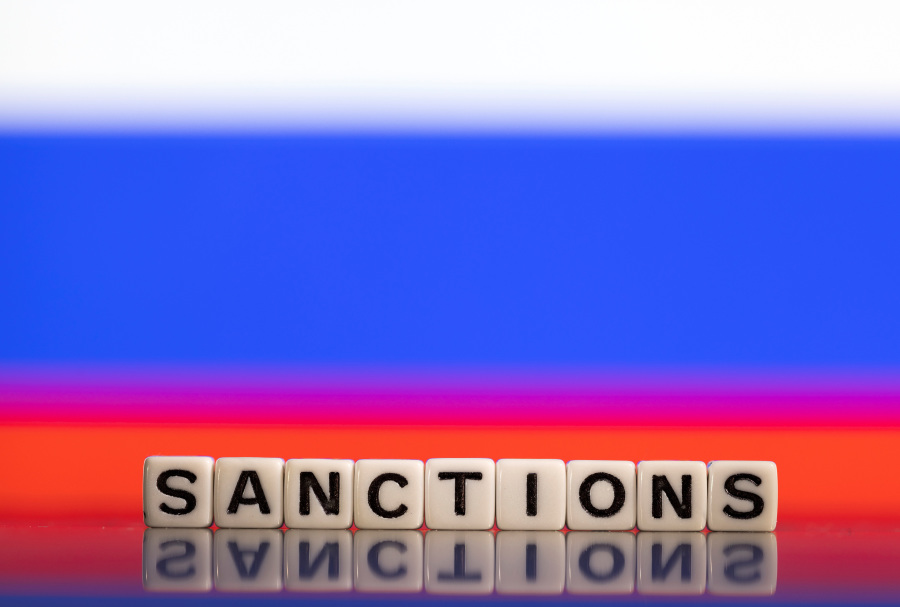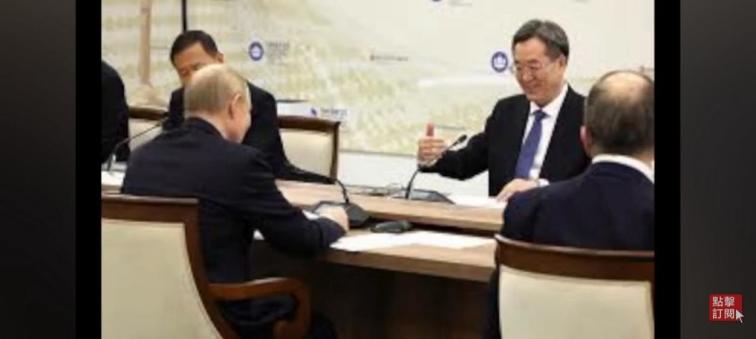BUDAPEST (Reuters) -Hungary and Slovakia have decided not to support the EU's plan for an 18th sanctions package against Russia, Hungarian Foreign Minister Peter Szijjarto said on Monday in a press briefing broadcast on his Facebook page.
Hungary and Slovakia decided to block the sanctions in response to European Union plans to phase out Russian energy imports, the minister said.
EU diplomats said they saw the statement as a negotiating tactic and expected a resolution in time for a European Council meeting of EU leaders at the end of the week.
Sanctions proposals require unanimity in the bloc for adoption. Hungary has frequently threatened to withhold its approval during previous discussions on aid for Ukraine as well as on sanctions renewals, which take place every six months.
"We did this because the European Union ... wants to prohibit member states, including Hungary and Slovakia, from purchasing cheap Russian natural gas and cheap Russian oil as they have done previously," Szijjarto said.
The Commission on June 10 proposed a new round of sanctions against Russia for its invasion of Ukraine more than three years ago, targeting Moscow's energy revenues, its banks and its military industry.
In response, Slovak Prime Minister Robert Fico said Slovakia will not back the package of sanctions unless the European Commission provides a solution to help Slovakia deal with its reliance on Russian energy.
Both Slovakia and Hungary have remained dependent on Russian oil and gas and have maintained warm ties with Moscow, while other EU members have greatly reduced their use of Russian energy.
Late on Sunday, Hungarian Prime Minister Viktor Orban urged the EU to take a proposed ban on Russian energy off the agenda due to an expected rise in energy prices following the U.S. bombing of Iran. The ban is not a sanction but a trade measure.
The Commission is using a trade tool to try to sidestep opposition, as the measure would only need a qualified majority, rather than unanimity to pass.
(Reporting by Anita Komuves, additional reporting by Julia Payne in Brussels; Editing by Kevin Liffey and Barbara Lewis)











News magazine bootstrap themes!
I like this themes, fast loading and look profesional
Thank you Carlos!
You're welcome!
Please support me with give positive rating!
Yes Sure!